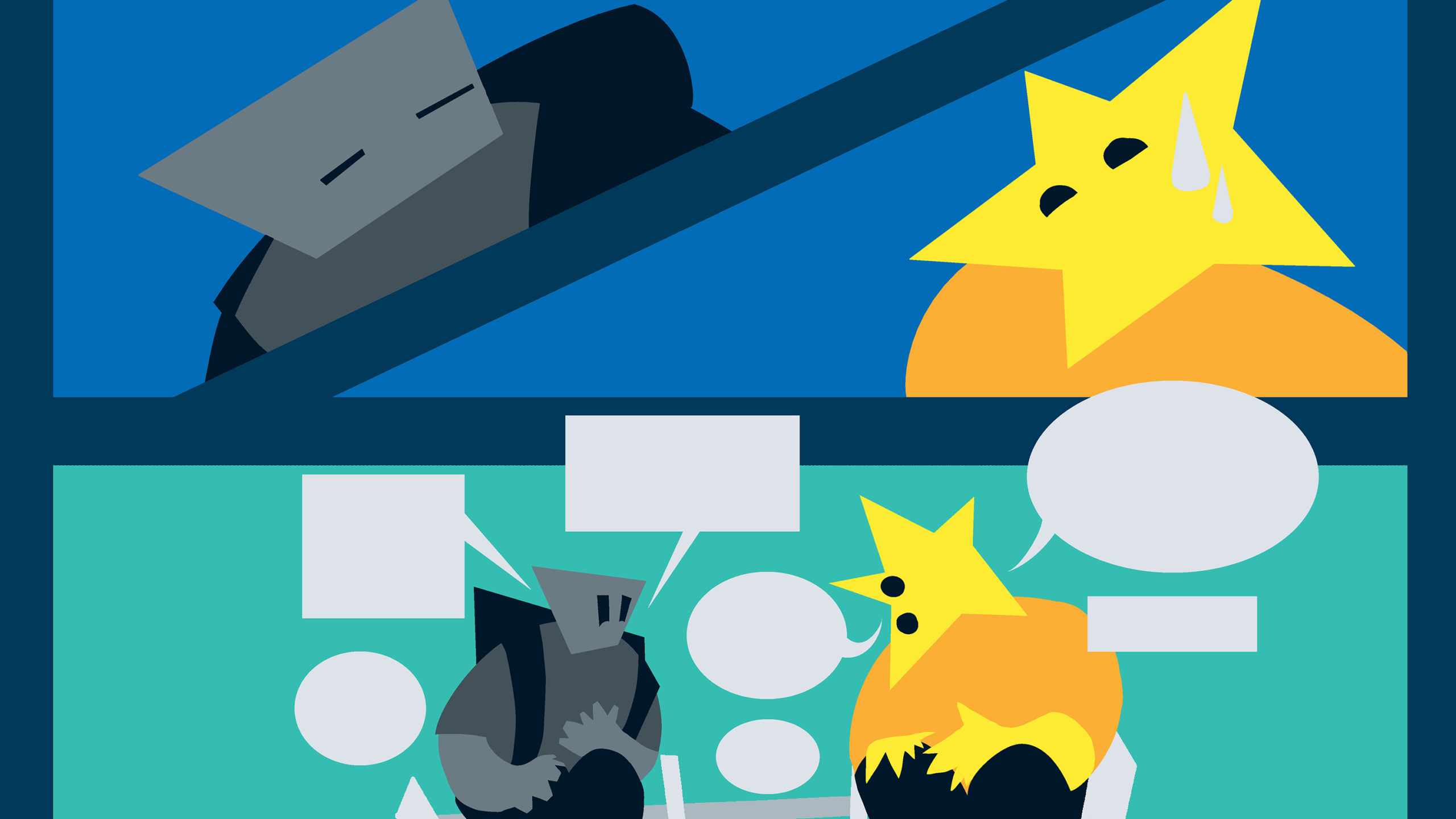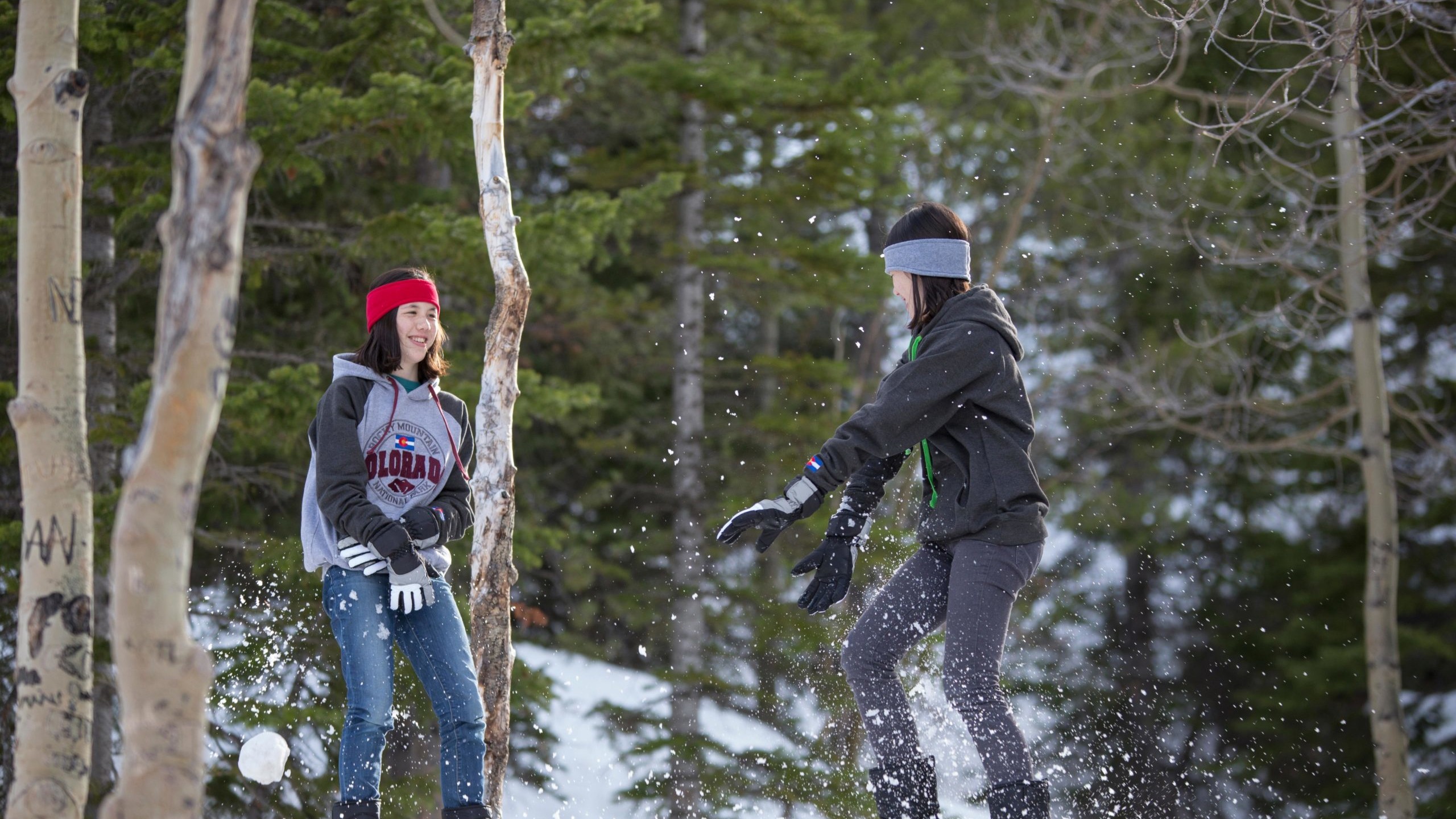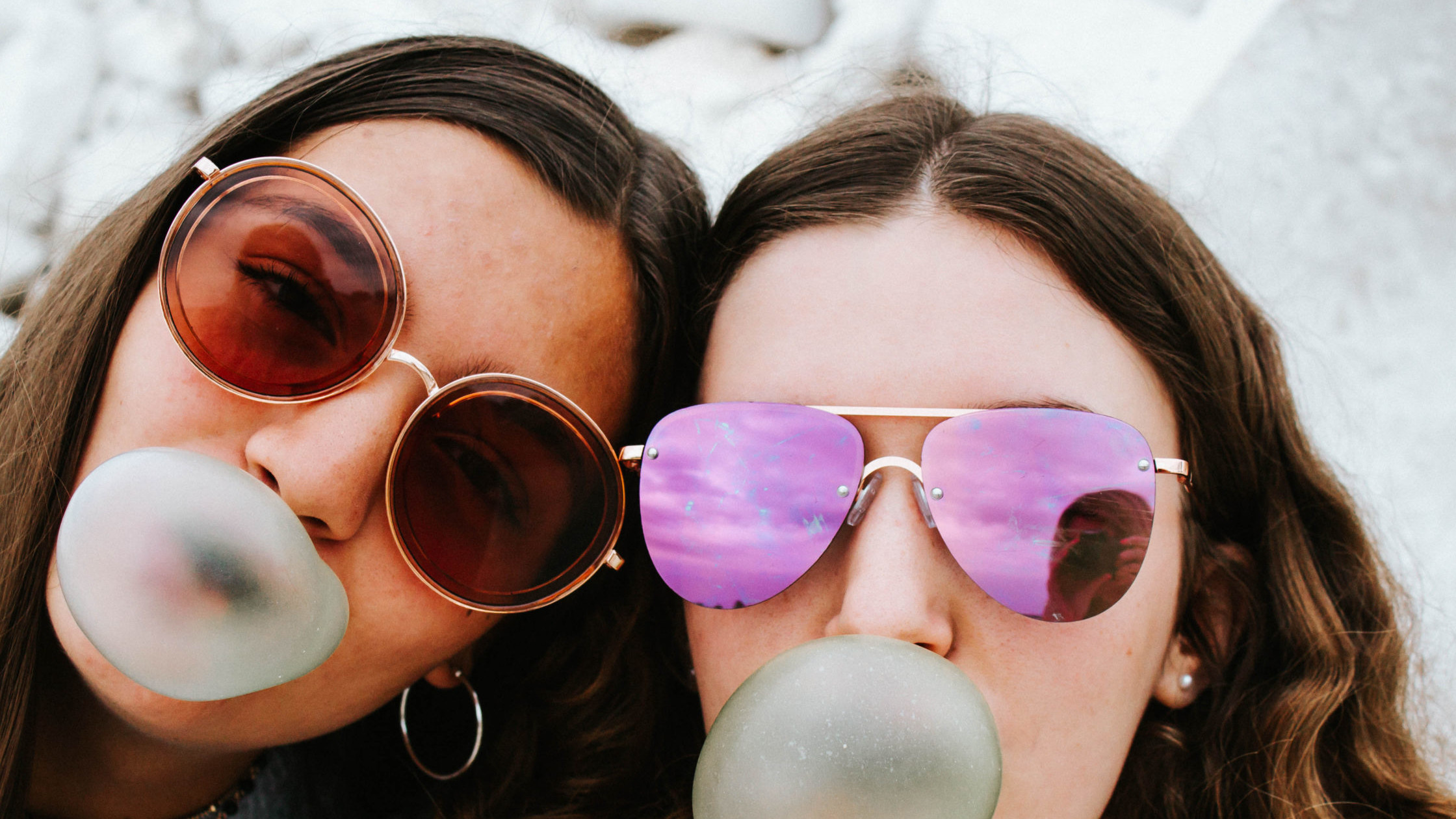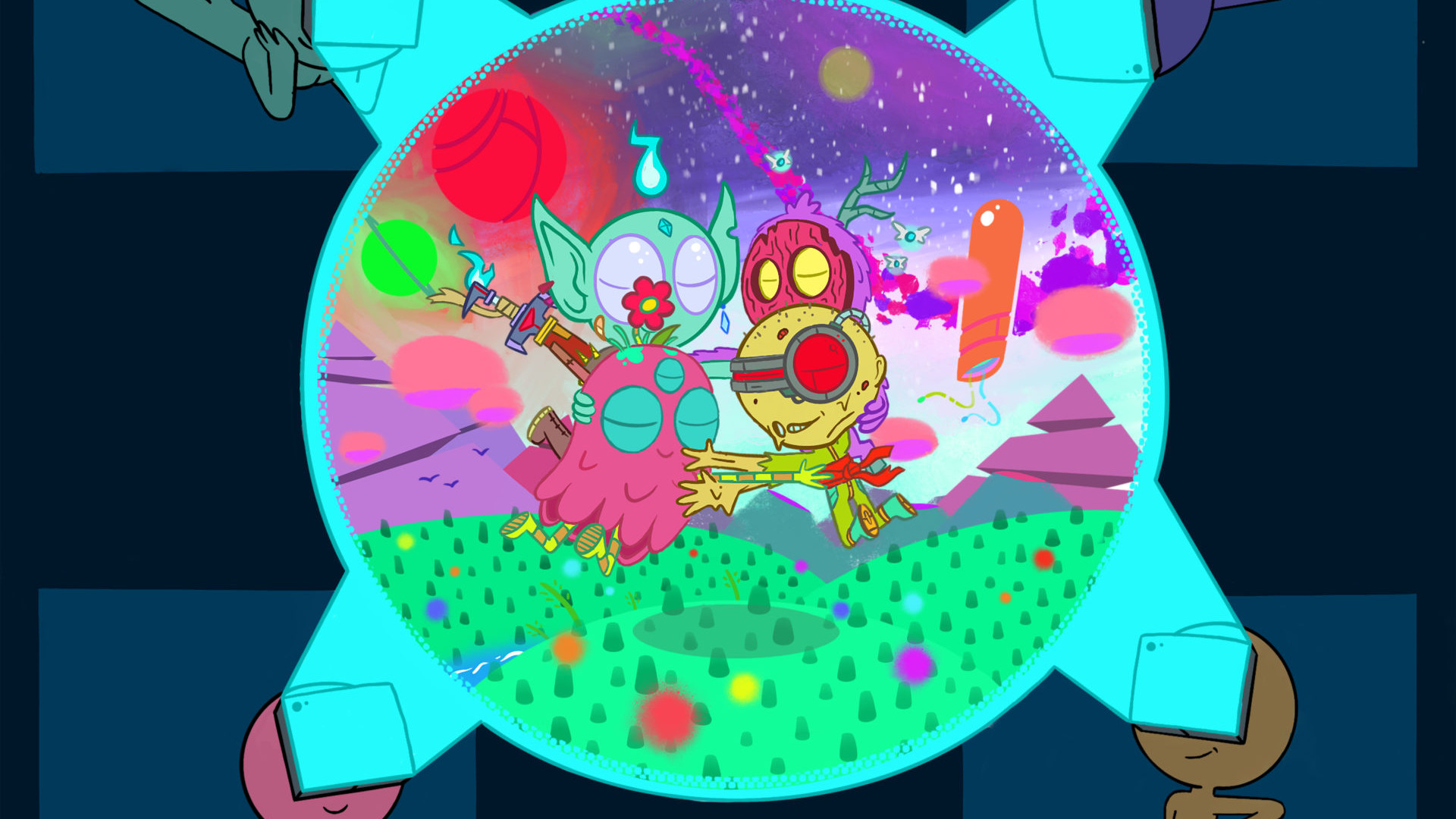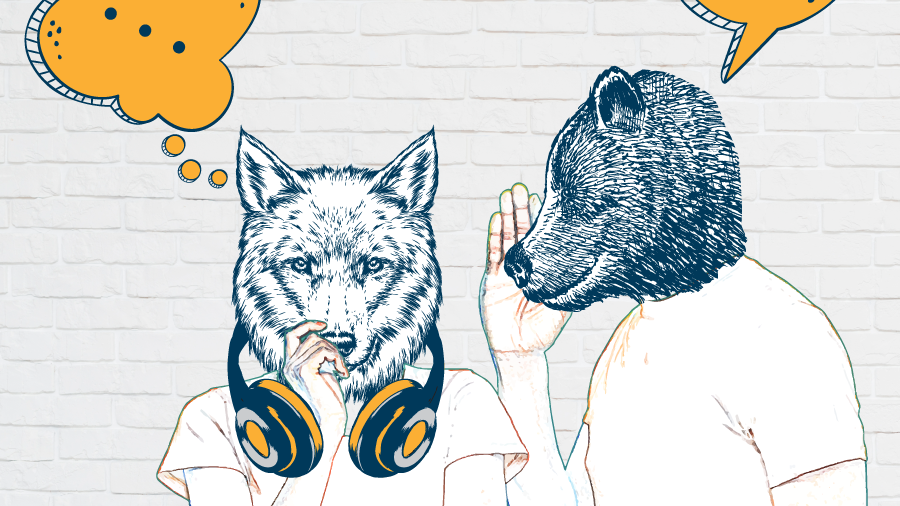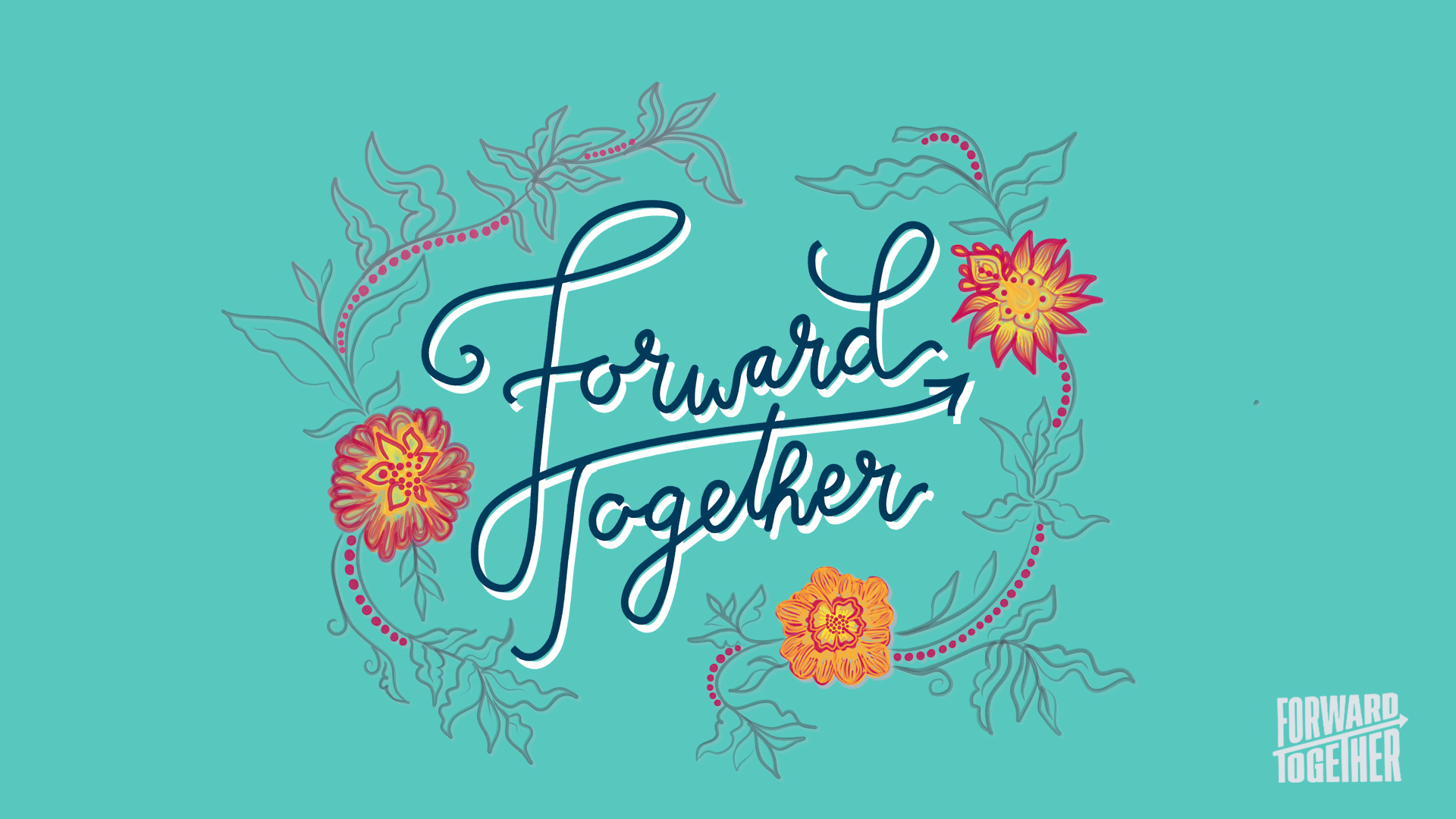Aloísio, 19, and Vivían, 18, are siblings from a town in northern Colorado. They’ve faced some tough times while becoming a part of the LGBTQIA+ community. But they’re not keeping their experiences to themselves.
They’re telling their stories to help other young people who might be going through similar tough times. They want to bring comfort and hope to those who need it most. Check out their stories below:
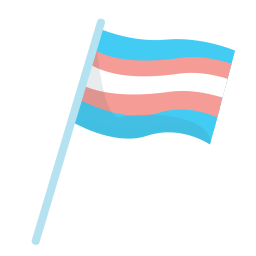
Aloísio’s Story:
My name is Aloísio, and I’m the oldest child of two in my household. When I first came into this world, I was assigned female at birth, but now I am living my life as a nonbinary gay man. Here is my story.
I grew up in a community where queer people weren’t talked about much. I didn’t suspect I was much different from my classmates. I only thought that I was “weirder” than everyone else.
When I eventually switched from my religious school to a non-religious one in 7th grade, I exited much of what had influenced my personal opinions growing up. But as most kids in that sort of environment do, as much as I held on to the good lessons I had learned, I had still absorbed some of that ignorance and bigotry.
When I began making friends at my new school with people who shared similar interests with me, I started to more regularly enter fandom spaces online and in person. Though my friends and I all considered ourselves straight at the time, anyone who participates in a fandom can tell you that there are many queer people in them. Of course, I now recognize this phenomenon as a wonderful thing — I have many potential friends with whom I have things in common! But at the time, I was put off by this. I saw being queer and trans as something “unnatural” and “wrong,” echoing what the adults around me thought.
But as I saw the art and new communities around me display queerness as a simple fact of life, and one that could exist beautifully, I began to wrestle with the reality that maybe the evidence pointed to something that wasn’t actually wrong. Rather, it was something incredible, multi-faceted, and complex beyond the bounds of good and evil — and perhaps even familiar.
Slowly but surely, I began to open up to the idea, little by little, and my ever-present curiosity led me to start looking up the definitions of identities I wasn’t aware of before then. With the terminology I discovered, I began to wonder if maybe there was something that could define a truth I’d denied; maybe the queer community wasn’t a “them,” but a “me.”
Coming out was definitely nerve-wracking, as it is for many. When I first came out to my mom, it was with a totally different set of labels than what I use now. My mom expressed that she was unsure of how my identity would affect our religious beliefs, but to my relief, she said she still loved me and that she’d have to keep thinking about and researching what I told her.
At this point, I had already come out to my friends, and they were chill with it. Since we occupied the same spaces, they’d already seen positive examples of queerness themselves, and some were even beginning their own journeys to self-discovery. It was much easier to come out to my friends than my mom because I had a clearer idea of how they’d react, and because they had less immediate control over my life.
As I continued self-reflecting and questioning myself, I would proceed to come out repeatedly at different points as I kept experimenting with my identity. Once I finally concluded that I would be happiest being seen as male, I came out officially at my middle school’s Gay-Straight Alliance club with my new name and pronouns. I then discovered that in order to change my name in the school system, the staff would have to tell my parents first.
When the school emailed them, I was still feeling uncertain about whether I was ready to have that conversation with both of my parents. Despite my dad’s frustration that he had to find out about my transness through the school instead of through me, both he and my mom loved me the same. They sought to better understand my identity and what that meant about my future. It took some time for them and my younger sister to acclimate fully, but now they understand and refer to me as I am: Aloísio.
After socially transitioning, changing my documentation, and going through hormone replacement therapy for over 3 years now, I’m currently in the privileged position of feeling like all of my gender needs have been met. Thanks to all the help from my family and support systems, I’m fortunate to now very rarely experience much gender dysphoria. I’ve found a community in my social circle and at Out Boulder County that appreciates me and affirms me regardless of my gender presentation.
Although I’m further along in my transition compared to some other young people, I’m unashamed to admit that, despite appearances, I’m still figuring myself out in a lot of ways. My exact sense of gender and sexuality still has some mystery to it, like many other aspects of my identity, but I’m working on being okay with some of that uncertainty so long as I feel happy.
I got extremely lucky with my family and friends’ reactions. Coming out means asking the people around you to respect or help you while you seek to live life in the way that is most fulfilling to who you are. It’s a risk that involves putting a lot of trust in people, and not everyone is so willing to re-examine themselves as I or my parents were. There are many people who choose not to come out publicly. Sometimes it’s because they want to walk their own road without explaining themselves to anyone unless they need to. But often, it’s because coming out would put them in danger.
However, there is hope. Here is what I want to say to other young people who may be discovering their identities: Your story may not look like mine at all, and it doesn’t have to. You may not have yourself figured it out yet, and you may not be able to see the people who are willing to stand by you past everyone who wants to put you in a box. But your day will come.
You will learn more about yourself, and whether you meet them in person or online, you will find the people who will embrace you and help you grow. Until then, so long as you pursue whatever life is emotionally and physically worthwhile to you, however you can, and you stick up for others who want the same thing, you won’t regret it. Even though I know it’s hard, you’ll be able to look back on your life with pride in the end. That’s all.
Vivían’s Story:
I have a quote for you to hold onto throughout this essay. We’ll come back to it later: “In dark times, should the stars also go out?” ✨
My name is Vivían. I’m the youngest of two siblings. I was assigned male at birth, but I’ve identified as agender for three years and trans feminine for a few months now. Throughout my entire childhood and teenage years, I’ve struggled with my identity.
Up until 5th grade, I didn’t even know that queer people existed. I thought my pansexual attraction was something everyone felt so I never knew I would have been ostracized for expressing it. I also had the wish to be more feminine all my life, but I never understood it.
From first through sixth grade, I faced endless and perpetual bullying. Despite transferring schools twice, it continued. It came to a terrible escalation in sixth grade, where I had to drop out and was experiencing suicidal thoughts. The bullying wasn’t because of my queer identity; I didn’t understand or express that part of me until around 2019. I believe it was because of my vulnerable and empathetic interactions with others. It was seen as a weakness and exploited.
My childhood and early teens are a blur of memories for me. There was so much trauma and so many emotions that thinking back on that time is difficult.
But there were some truly joyful moments. The good things I do remember involve my friends — playing Legos, making art with them, and just talking and enjoying each other.
My biggest support has always been my friends.
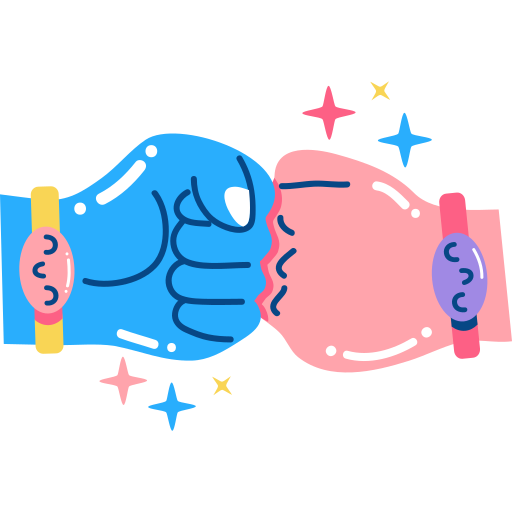
When I was being bullied or coming to understand my identity, they were the stars that lit my way through the darkness. From my best friend, Solomon, my wonderful partner, Moon, my friendship with my brother, wonderful people online like Collie and Sierra, and the peer-to-peer relationship my parents and I now have. Human connection and empathy are the ways I came to understand myself. Through exposure to others and their kindness, I began to understand who I was.
I will now bring it back to the quote from the start of this essay. It’s from my favorite video game, Disco Elysium.
In the game, you play as a detective who must learn to understand yourself and make a new identity through your conversations and experiences with others. At the end of a quest, your character ponders why even keep trying for a better future if failure is possible and likely. In response, one of the two young characters in the game brings up a section of a poem written by a young revolutionary who died defending a barricade 50 years ago.
On the night of their death, they wrote, “In dark times, should the stars also go out?” ✨
Life can be hard, and humanity can be violent and cruel to itself, but the world will keep spinning. Always remember that cruelty can be uprooted and destroyed –the abolition of slavery, rights for working people, voting rights for all, for example.
Currently, the civil rights of my metaphorical “queer siblings” are under attack. Despite the hardship and violence, our light and the light of our community will forever shine. After all, “In dark times, should the stars also go out?” ✨
Aloísio and Vivían are using pen names to protect their family’s privacy and safety.
Forward Together Tip: Are you or a friend an LGBTQIA+ teen seeking some help? Check out our resources page to discover groups in your area that support young people like you.
Aloísio + Vivían Baldwin
Aloísio, 19, and Vivían, 18, are siblings from a town in northern Colorado. They share their story about discovering their identities separately and together, and how their community played a role in their development. The two siblings use pen names to protect their identities.
SHARE THIS RESOURCE
Aloísio + Vivían Baldwin
Aloísio, 19, and Vivían, 18, are siblings from a town in northern Colorado. They share their story about discovering their identities separately and together, and how their community played a role in their development. The two siblings use pen names to protect their identities.
